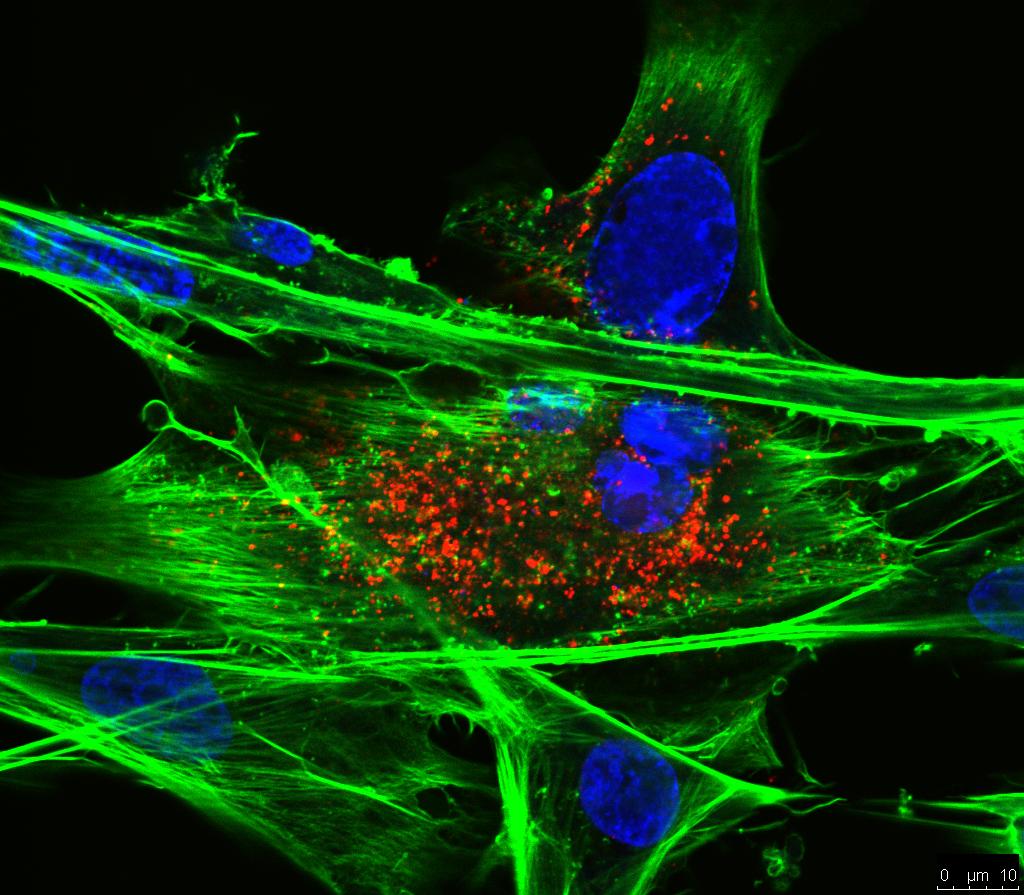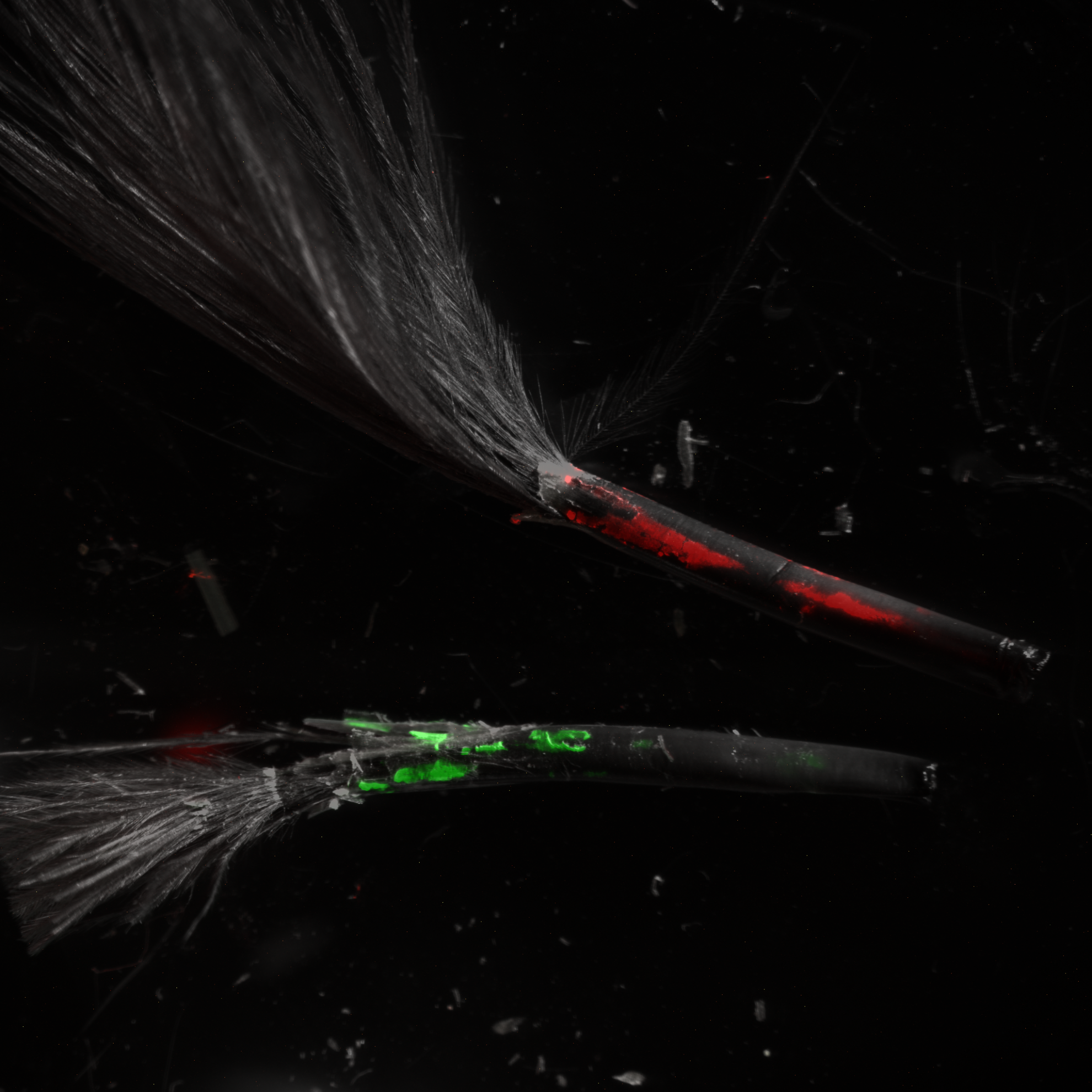A new strategy for efficient screening and identification of monoclonal antibodies against oncogenic avian herpesvirus utilizing CRISPR/Cas9-based gene-editing technology
Marek's disease virus (MDV) is an important oncogenic alpha-herpesvirus that induces Marek's disease (MD), characterized by severe immunosuppression and rapid-onset T-cell lymphomas in its natural chicken hosts. Historically, MD is regarded as an ideal biomedical model for studying virally induced cancers. Monoclonal antibodies (mAbs) against viral or host antigenic epitopes are crucial for virology research, especially in the exploration of gene functions, clinical therapy, and the development of diagnostic reagents. Utilizing the CRISPR/Cas9-based gene-editing technology, we produced a pp38-deleted MDV-1 mutant-GX0101Deltapp38-and used it for the rapid screening and identification of pp38-specific mAbs from a pool of MDV-specific antibodies from 34 hybridomas. The cross-staining of parental and mutated MDV plaques with hybridoma supernatants was first performed by immunofluorescence assay (IFA). Four monoclonal hybridomas-namely, 4F9, 31G7, 34F2, and 35G9-were demonstrated to secrete specific antibodies against MDV-1's pp38 protein, which was further confirmed by IFA staining and confocal analysis. Further experiments using Western blotting, immunoprecipitation (IP), liquid chromatography-tandem mass spectrometry (LC-MS/MS), and immunohistochemistry (IHC) analysis demonstrated that the pp38-specific mAb 31G7 has high specificity and wide application potential for further research in MD biology. To the best of our knowledge, this is the first demonstration of the use of CRISPR/Cas9-based gene-editing technology for efficient screening and identification of mAbs against a specific viral protein, and provides a meaningful reference for the future production of antibodies against other viruses-especially for large DNA viruses such as herpesviruses.

